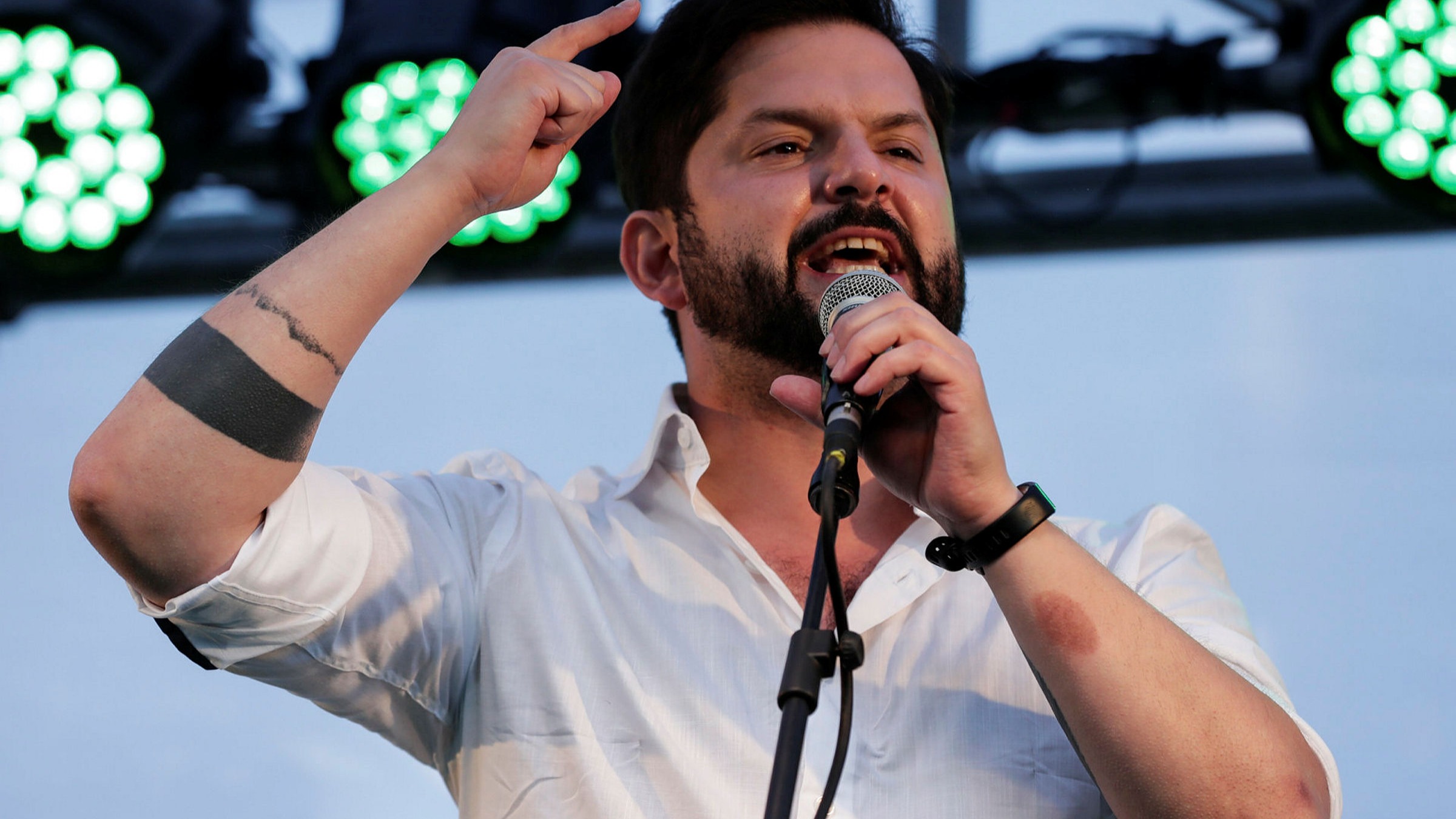From Venezuela to Chile, from Caldera to Boric
The current situation in Chile seems to me more and more strikingly similar to that of the early 90’s in Venezuela. At that time, here -just as in Chile today- 30 years of post-dictatorship were being experienced. Both countries -at the time- were presented as a “model of democracy to follow” and “example for the world” based on the “success” of the two-party representative democracy system in which the economy was put at the service of a minority sector of the population.
“It is not thirty pesos, it is thirty years” could have been exclaimed by the tens of thousands of demonstrators who participated in the “caracazo” of February 27 and 28, 1989, a popular protest movement which was a massive expression of the rejection of the neoliberal measures implemented by President Carlos Andres Perez. In the world’s fifth largest oil producer and exporter, there was 51% poverty. The fate of Perez (a stubbornly corrupt man, as was demonstrated a few years later) and of the false democracy were sealed forever. Thousands of dead and disappeared -until today- were the government’s response to the vibrant popular action.
But both situations also have differences, one of them highly relevant. Faced with the massive clamor of the citizenry and the reprobation of the system in the face of the inactivity, passivity and complicity of the politicians, a group of patriotic military, attentive to the situation created, produced two uprisings during 1992 to show their support to the popular sentiment. The first one, carried out on February 4 under the leadership of Hugo Chávez Frías, an unknown lieutenant colonel of Special Forces, raised the spirit of struggle, pointed out a different path and placed Chávez on the pedestal of future battles to come. As never before in the history of Venezuela, a leader assumed responsibility for a failure, but this time, the defeat “for now” of the movement gave a victory course to what that day had meant a defeat.
Chávez and his comrades went to jail. The same afternoon of that day, in a special meeting of the Congress, former President Rafael Caldera emerged from the shadows so that, with the opportunism of any despicable traditional politician, and using a vibrant speech in which he called to review the true causes of the uprising, he took over the protagonism of the action that had shaken Venezuelan society to its foundations. Two years later, Caldera was elected president of Venezuela.
The similarity of the situation of both countries is given because in Chile, as of October 18, 2019 – as in Venezuela during the “caracazo” – the country was shaken by a great popular movement of repudiation to the neoliberal system that continued the dictatorship. The massive protest was an expression of the feelings of a people tired after 30 years of exclusion and impoverishment, particularly of the poorest sectors of the population. President Piñera’s response -just like that of Carlos Andres Perez thirty years earlier- was a brutal repression with the aggravating factor of a new technique whereby police forces shot at the eyes to blind the demonstrators, thus exposing a novel attribute of representative democracy.
It is worth saying that the bullets succeeded in taking away the physical vision of the protesters whose eyes were wounded, but they could not affect the political vision, the fighting spirit and the pure soul of the majority, as demonstrated by Senator Fabiola Campillai elected with the first majority in Santiago, who lost her sight due to the murderous repression of Piñera and representative democracy.
When the protests were at their zenith and Piñera was staggering and when the people had decided to carry out their movement to the last consequences in the face of the “inactivity, passivity and complicity of the politicians”, like Rafael Caldera of the XXI century, Gabriel Boric appeared, like a phoenix to save his colleague Sebastián Piñera in the same way that the latter – in safeguard of representative democracy – had run to London to express his support to Pinochet who was detained for human rights violations during the dictatorship. Thus one “savior” saved another “savior”.
The pact of the political elites of November 15, 2019, largely paralyzed the protest and Gabriel Boric emerged as the main protagonist of the salvation of the system so that two years later -just like Caldera- he could be elected president or at least, be a strong candidate to be president when I write these lines.
For the time being, it is also desirable that the Constitutional Convention, despite not being a constituent body, be capable of generating a new institutional framework that sweeps away the current one inherited from the dictatorship and that Chileans have a new option in which they are not forced to opt for the lesser evil. I have full confidence that popular wisdom will make another leadership emerge that will bring a new president who will be a faithful representative of their interests.
Until that moment arrives, in this 2021 in Chile, as in 1993 in Venezuela, I will not vote. I will hope that Chile will also have a luminous 1998 that will allow “opening the great avenues through which the free man will pass to build a better society” as President Allende, the only true Savior that Chile has had in its recent history, said.
